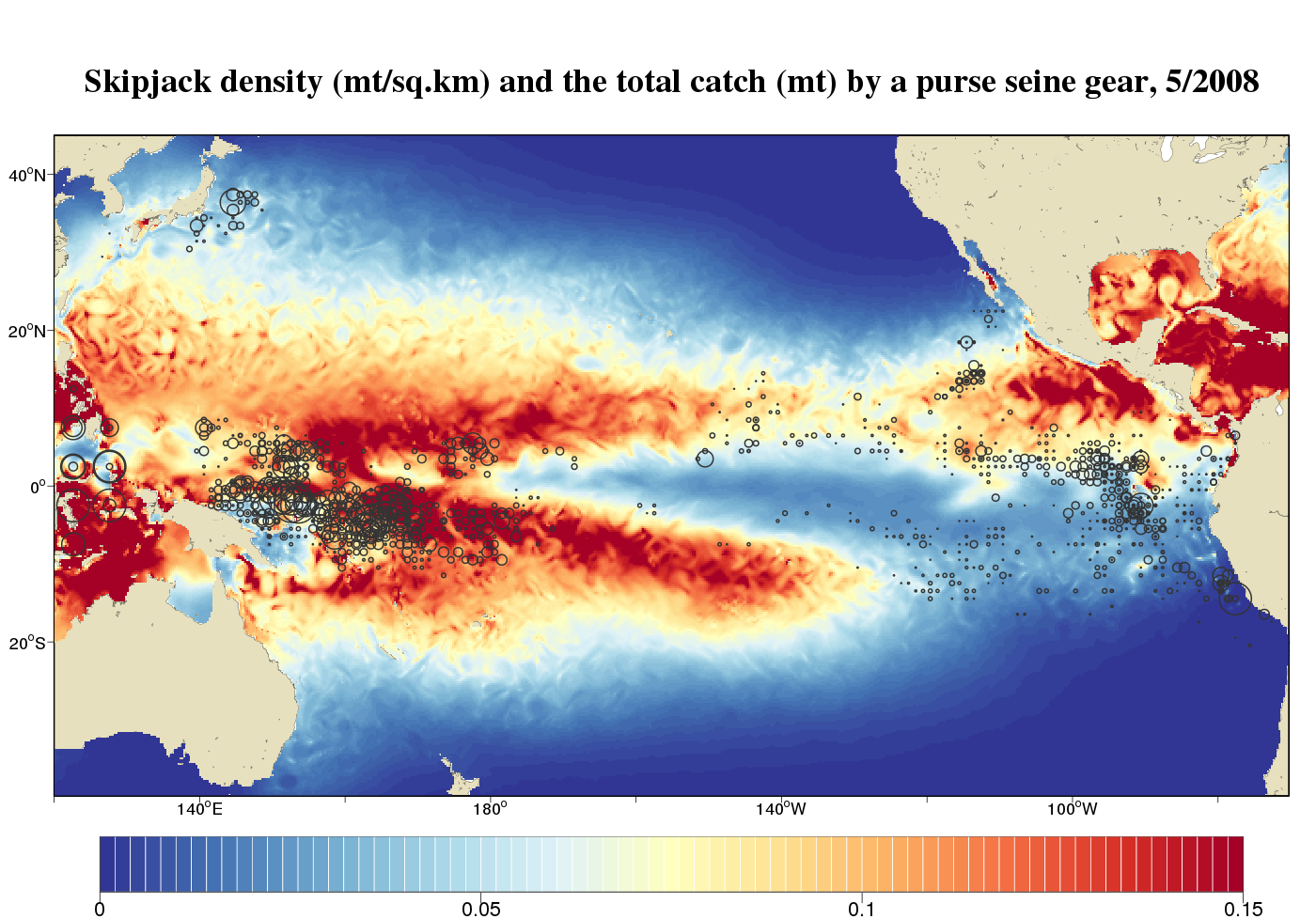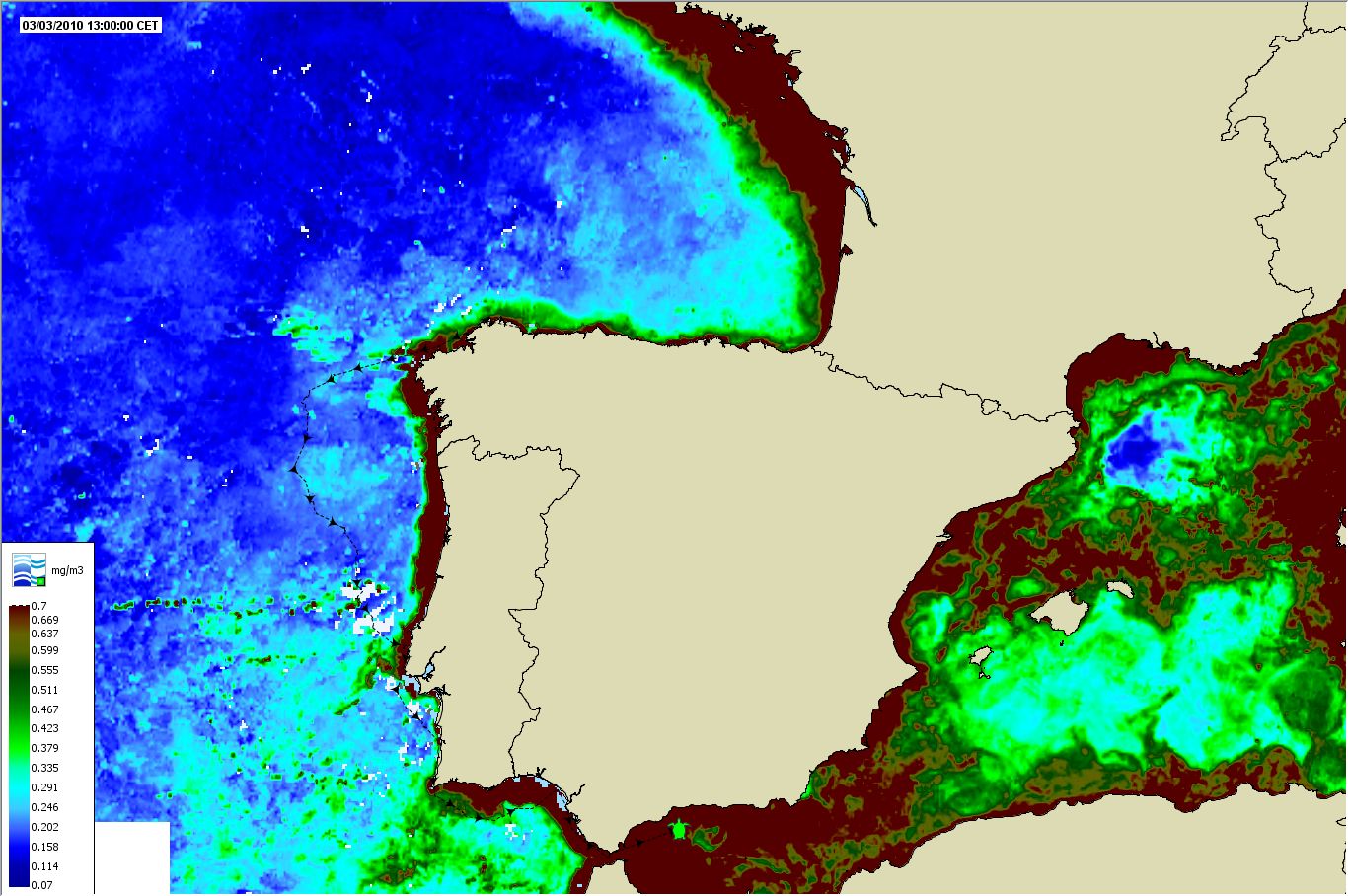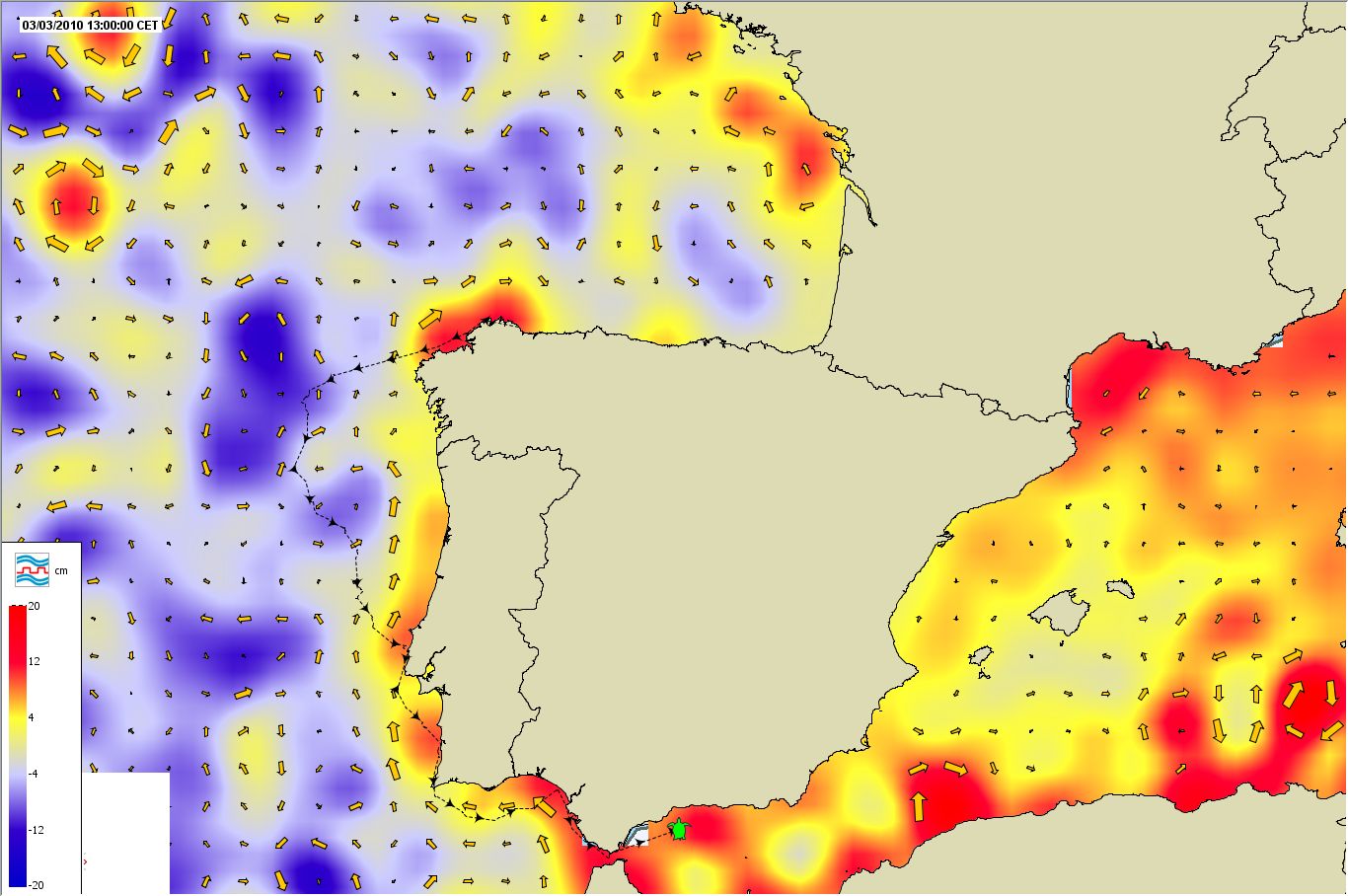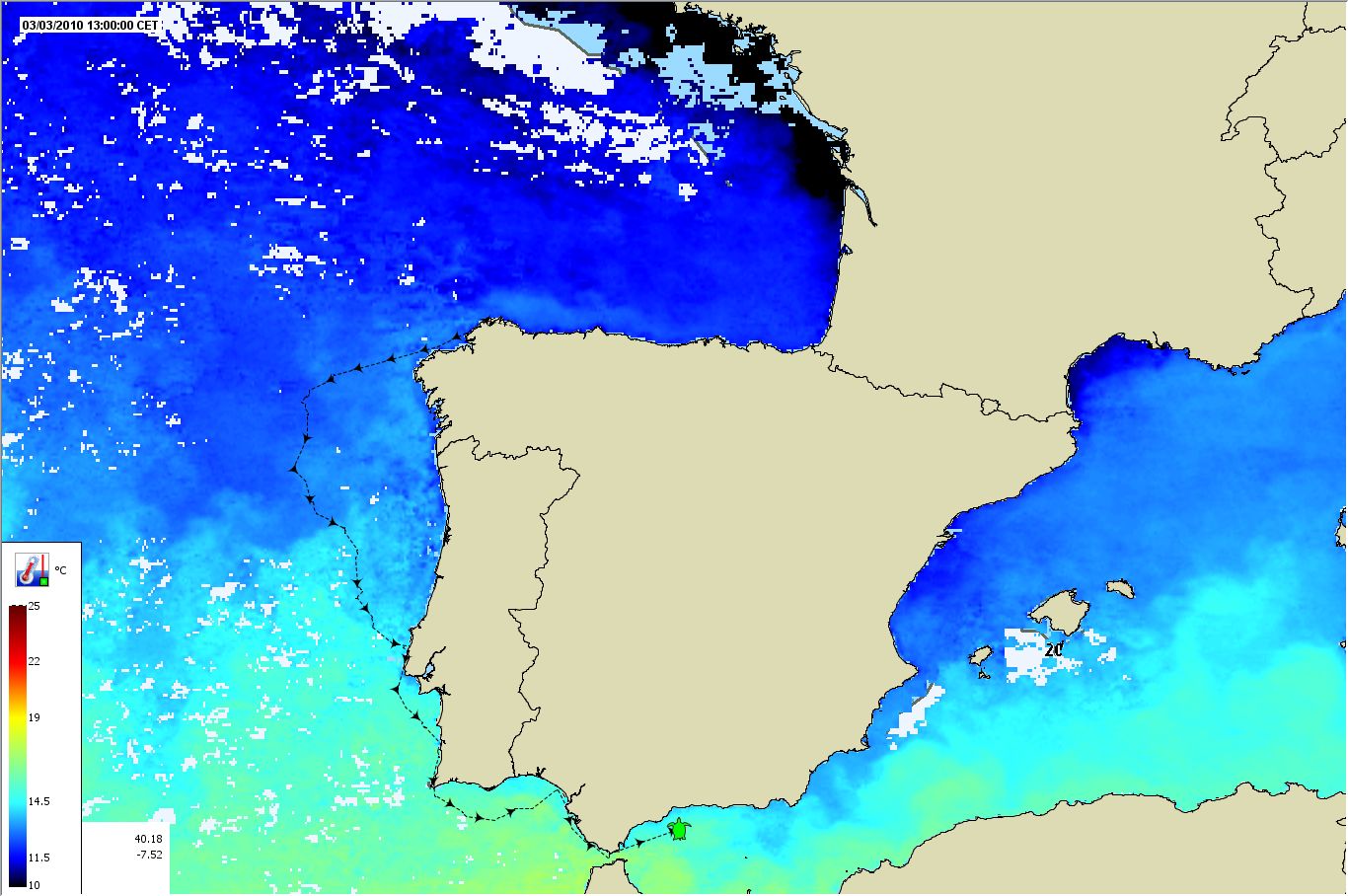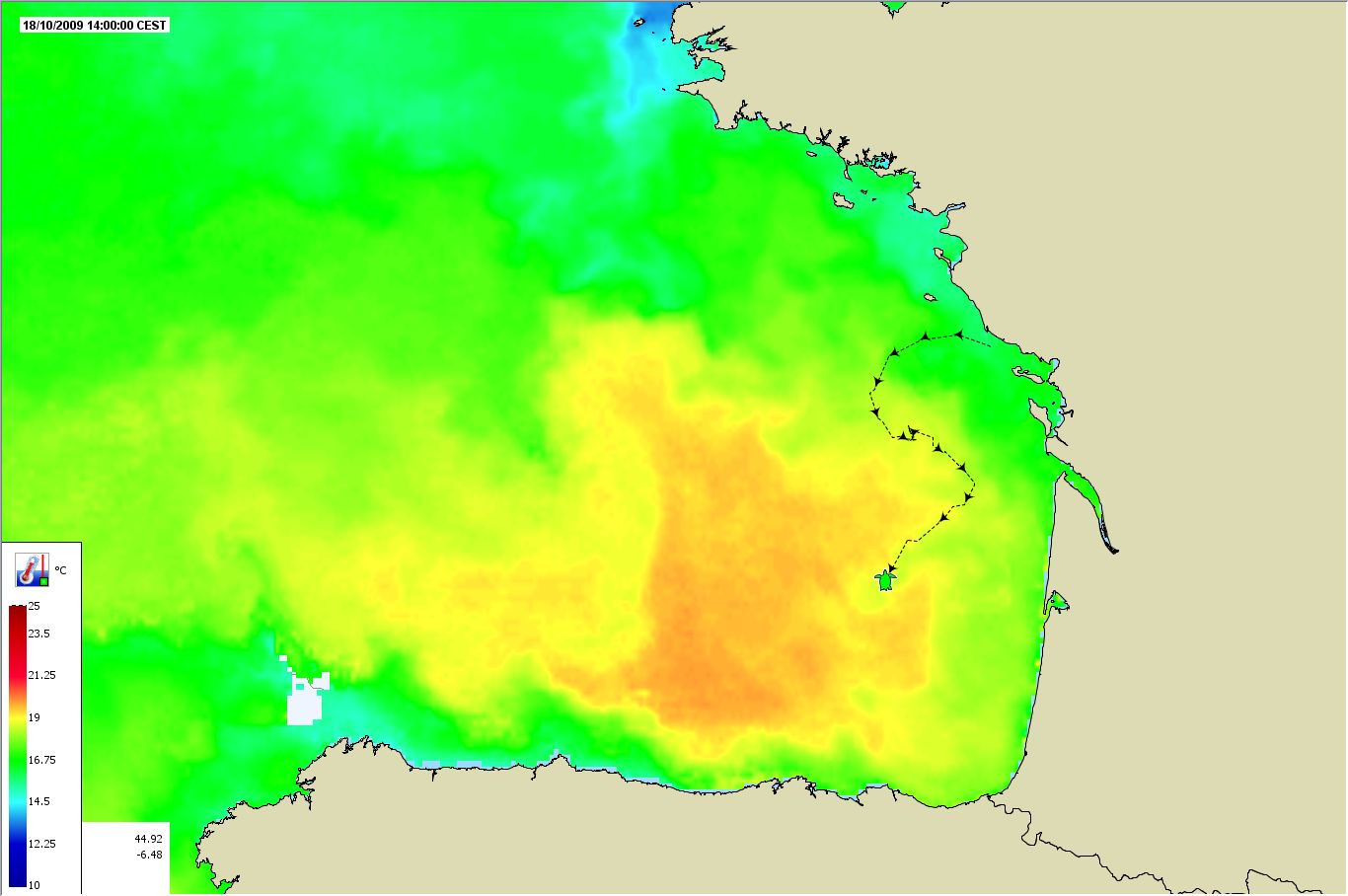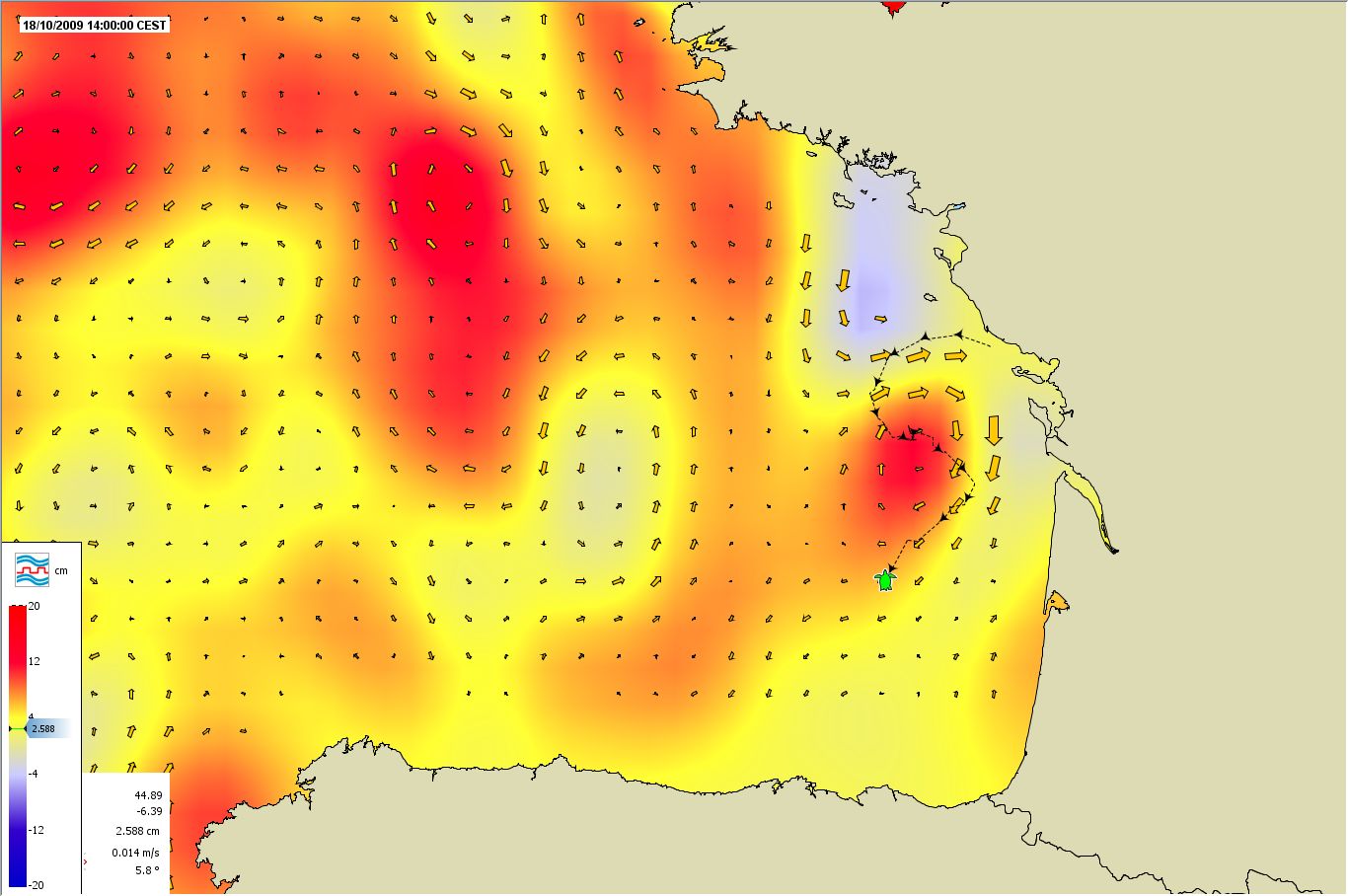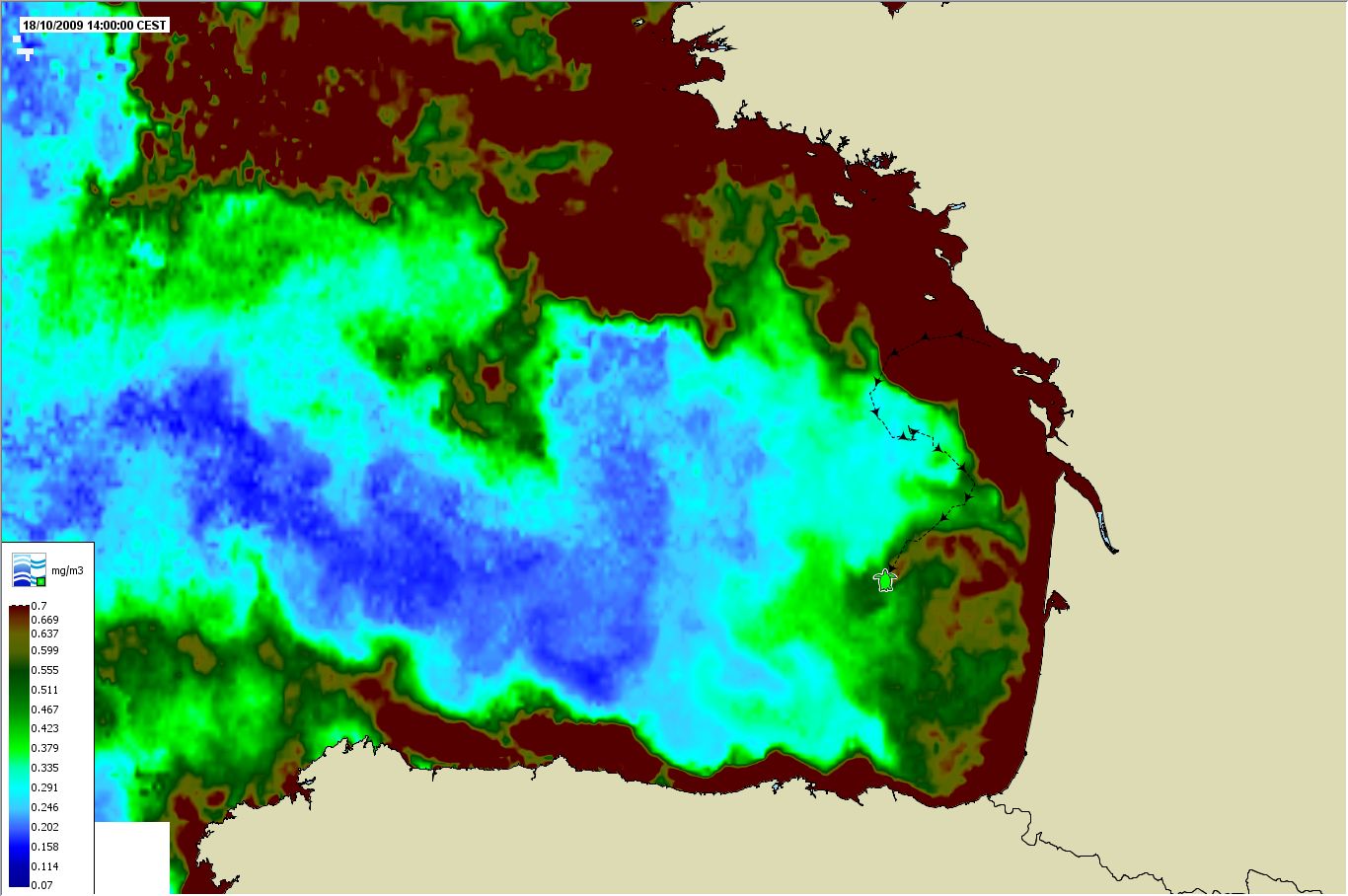Sustainability of marine resources
Today, marine resources are too often depleted due to overfishing and illegal, unreported, and unregulated fishing, climate change and pollution.
Scientists have found that stocks of certain species such as bigeye tuna in the Pacific have been reduced to less than 20% of their original biomass as a result of fishing pressure. This pressure, added to the effects of global warming, might lead to their stock collapse. According to recent simulations, the peak pressure that major tuna stocks will experience, from the combined effects of fishing and climate change, should occur by mid-century.
It is essential to act now by strictly controlling catches and eliminating illegal fishing.
For nearly 30 years, CLS has been using satellite observation, numerical models, positioning systems and real-time data collection to advise government administrations on the sustainable management of marine resources.
Scientific publication : A spatial ecosystem and populations dynamics model (SEAPODYM) – Modeling of tuna and tuna-like populations


